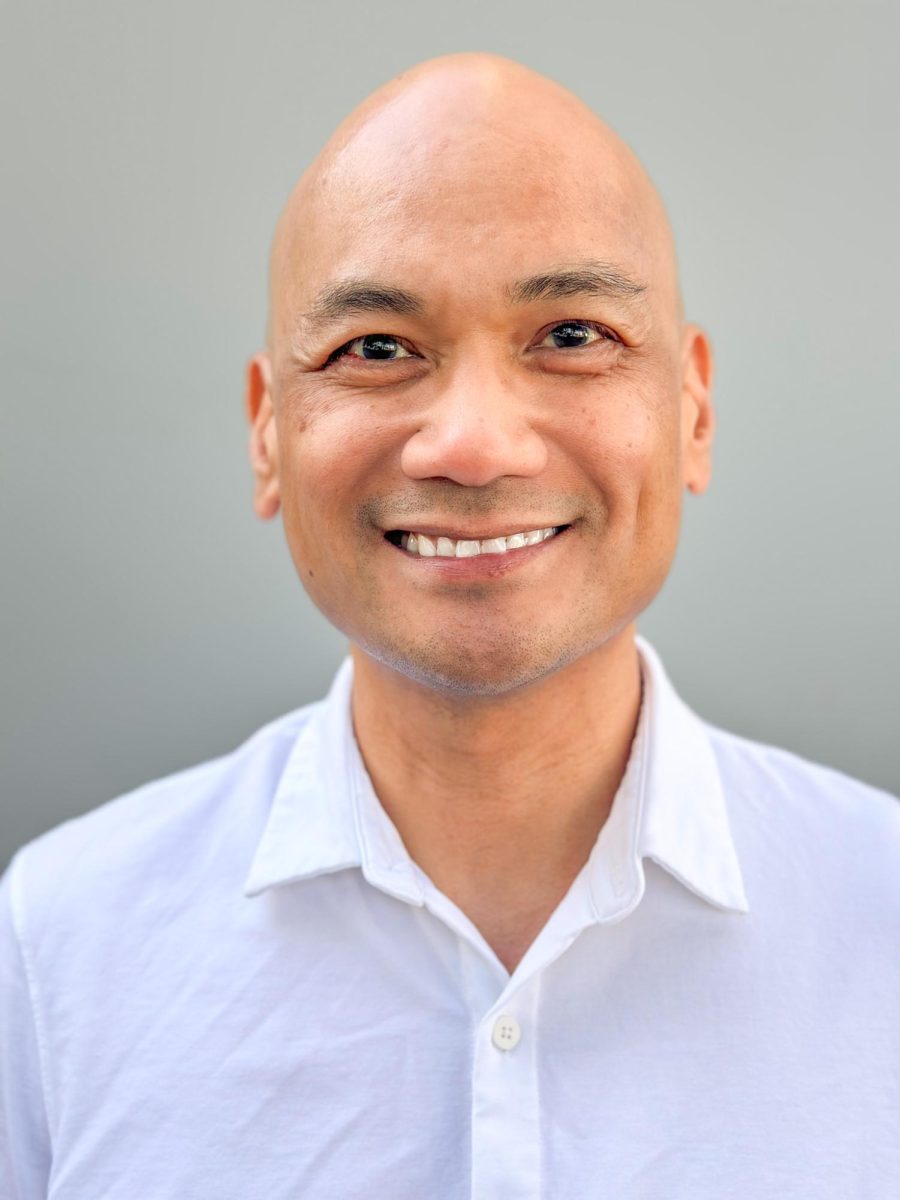My Story: A UC Personal Statement
April 14, 2017
Early on in my life, my confused, panicked father calmed me down by telling me the story of the East Asian Financial Crisis that broke in September 1997. I was three weeks old, and he was trying to change my diaper. My political indoctrination began early. Since then, I existed largely independent from my family– my father worked, my mother was often disinterested. In elementary school, I got into fights, and in middle school, I built walls to protect others and myself. My early life is, thus, mostly a blur to me now.
I began reading the news around 7th grade, and my media diet has expanded since to include policy briefs, political science journals and history books: my existence was largely concerned with issues outside my own life, and this caused me to neglect my basic human needs: family and friends. Having withdrawn into myself, I justified my social alienation by a self-serving arrogance and deep superiority complex. This started to break in 11th grade when I casually overheard a key phrase that I recall precisely: “Nobody cares about you.” Nobody cares if you take risks and fail and embarrass yourself, but also, nobody cares about you enough to take the effort to understand you. This was incredibly empowering for me: it forced me to radically rethink my many inhibitions (including a deep resistance to forming friendships) and to take a “Don’t Worry, Be Happy” approach to life. Needless to say, this process is ongoing.
About a year later, I had a second internal revolution. In the rush to apply for colleges, I was forced to reflect on my high school experience: my accomplishments and my — much more numerous– mistakes. I retained (and still do to some degree) the high-minded arrogance of my childhood, and my failure to claim many achievements or respect caused me to re-evaluate not my self-worth, but rather the tactics I had used to influence the world around me. I realized I had lived cloistered away in my own mind, with untapped innate ability to do, not just good, but great things, and that my failure to tap into this was entirely my own fault. Solution: ask for help more. Prove your worth through hard work. Prize kindness and sociability over intelligence. Let your personal qualities speak for themselves. Above all, engage in constant self-reflection. In my view, I was intellectually stagnant from 6th-12th grade (interestingly, in 8th I predicted that my laziness would mean that I would be able to get good grades because I have a naturally good memory and am a good test taker and therefore not feel pressured to work hard). In my formative years I needed outside pressures to motivate me to maximize my potential, but I isolated myself from all outside pressures. I now seek and prize self-motivation and am willingly making myself more susceptible to others’ opinions to allow for more pressure on myself to become a better person.
Coming to Foothill, I had very low self-confidence, I was in a state of depression, and I had kept very few of the friends I made in high school. It felt like I was starting from scratch on my own while everyone else was making something of themselves. I got a minimum wage job to support my retired parents, did my best in school, and cast about for extracurriculars. I took more active control of my life and opportunities. In short, I reinvented myself. The people I’ve met on the way and their life stories have shown me that the world is my oyster and it’s never too late to rebuild your life.





















































































